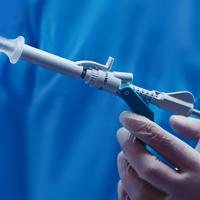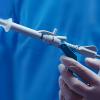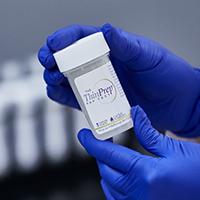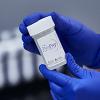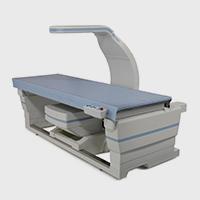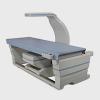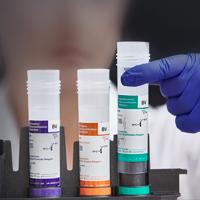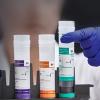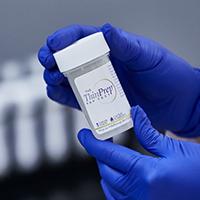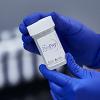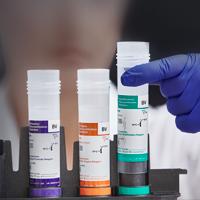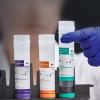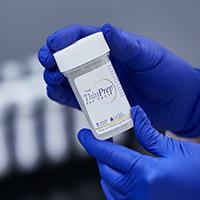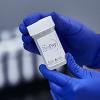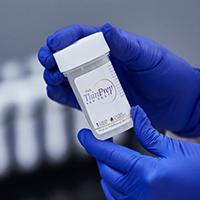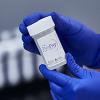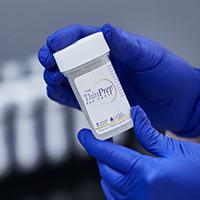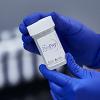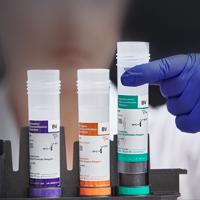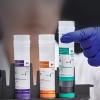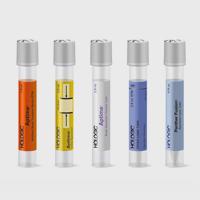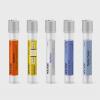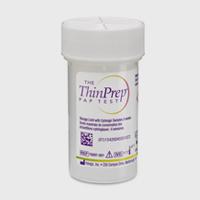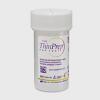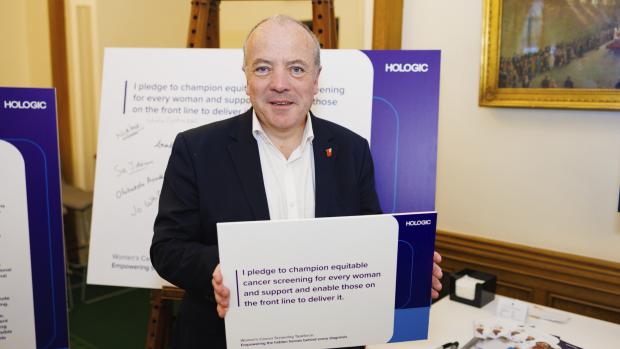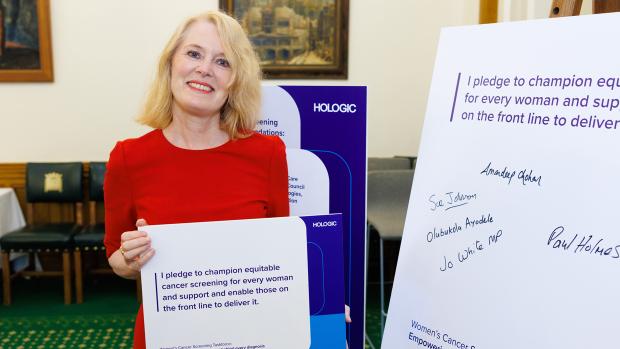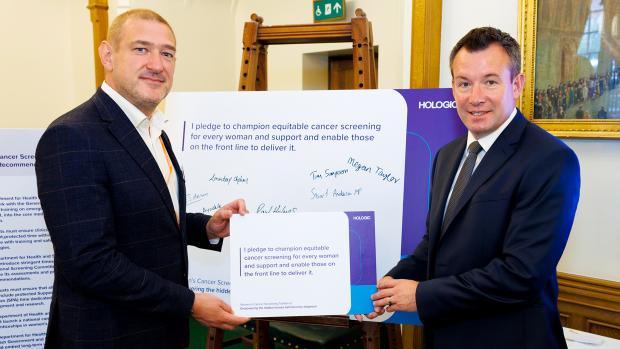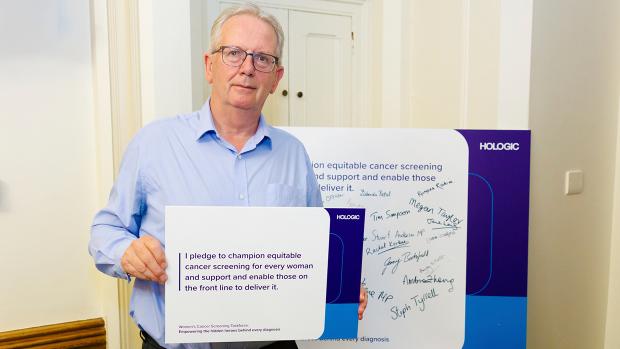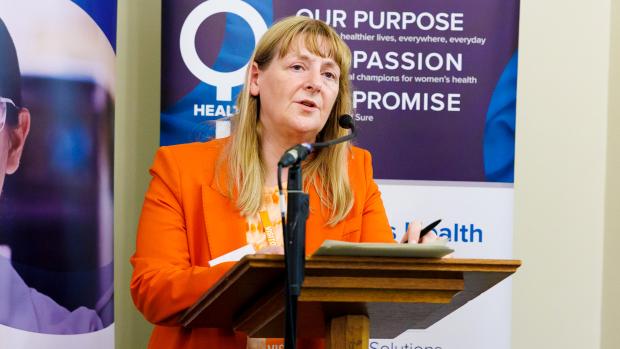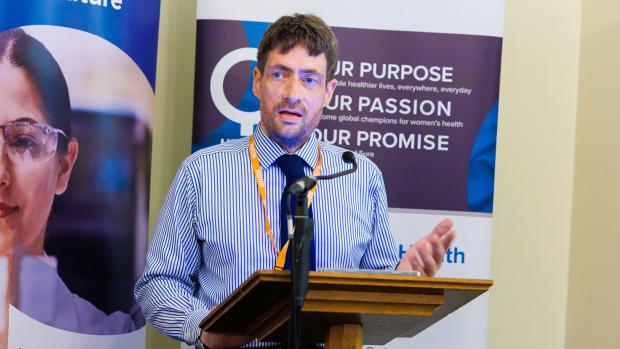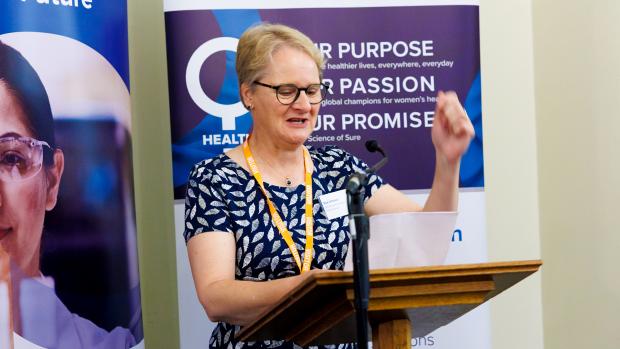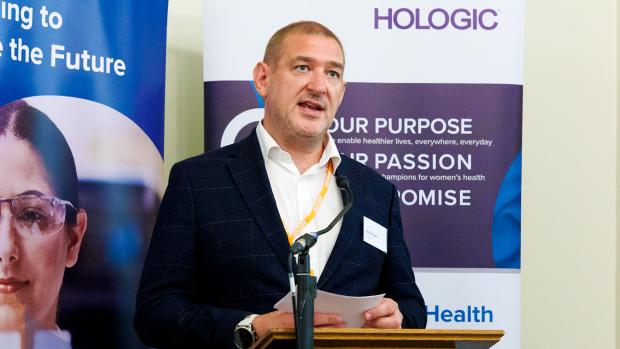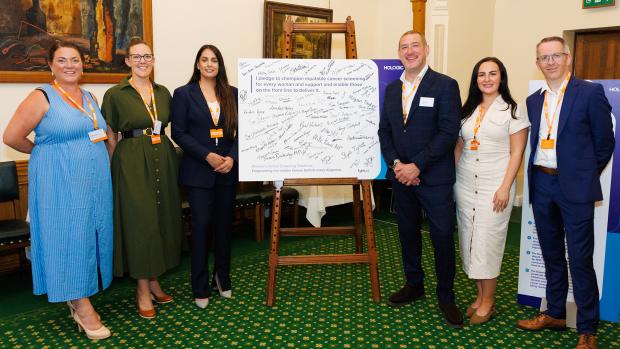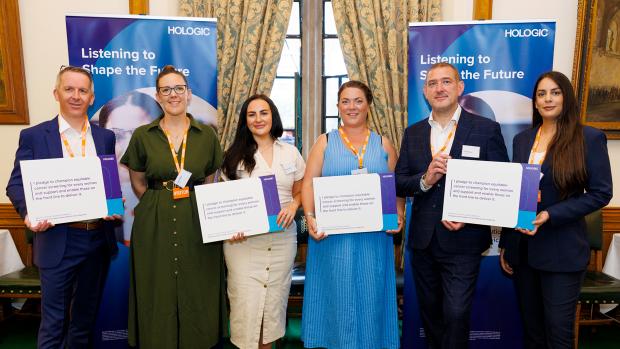Women’s Cancer Screening Taskforce: Empowering the Hidden Heroes Behind Every Diagnosis
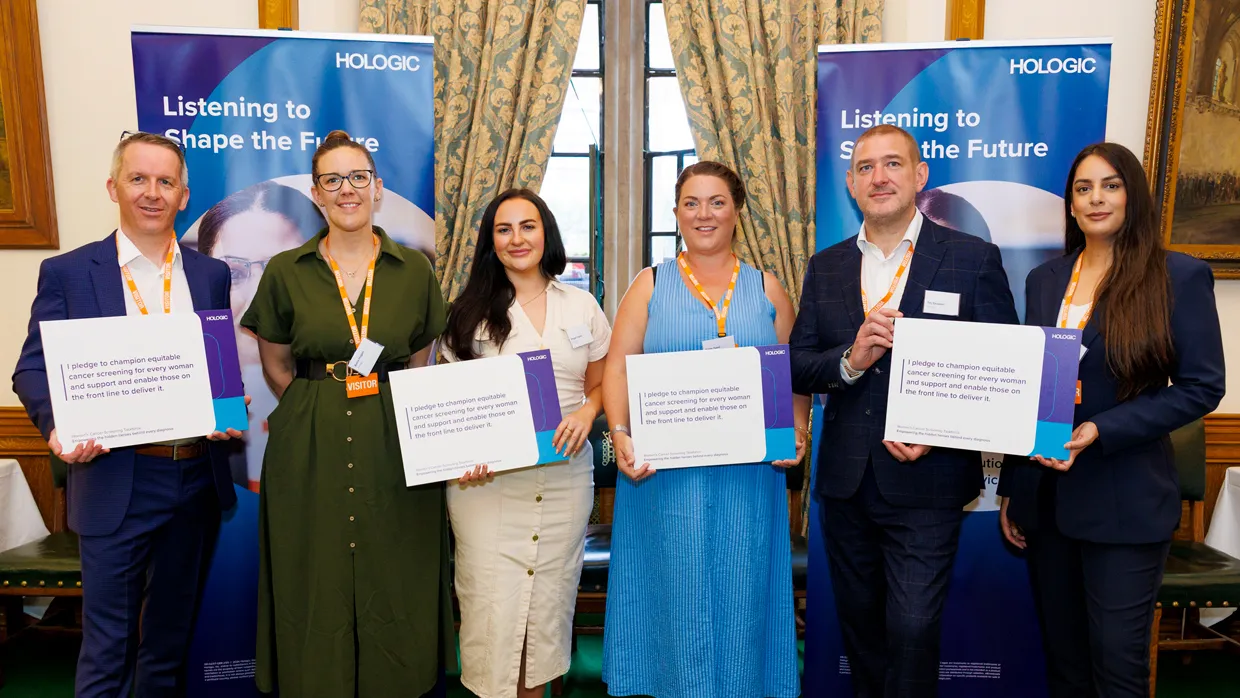
Women’s cancer screening saves lives, but today the system and the workforce that underpins it are under significant strain. As a key technology provider in both cervical and breast cancer screening, Hologic convened a Taskforce of breast and cervical cancer screening experts, to explore the challenges and opportunities facing the UK’s screening services.
The Taskforce’s actionable report, Empowering the Hidden Heroes Behind Every Diagnosis, which was launched at an event in the House of Commons hosted by Mike Kane MP – who represents Hologic’s constituency of Wythenshawe and Sale East – has a clear and urgent message: if we support the workforce, we save lives.
Discover the 10 Taskforce recommendations that can help reshape the future of women’s cancer screening in the UK and support the hidden heroes behind every diagnosis
At the launch event Tim Simpson, GM and Sr. Director of Hologic UK, Ireland, Benelux and Nordics, set the tone with a sobering insight from the Hologic Global Women’s Health Index, “Women in the UK are experiencing stagnating screening rates and rising physical pain… The UK’s women’s wealth is ranked 41st out of 142 countries. We cannot be complacent about women’s health. The cancer screening workforce are the foundation of our screening programmes.”
This was a challenge to government, the NHS and healthcare leaders to act on the evidence and experiences that too often go unheard.
Taskforce members echoed these concerns. Consultant Gynaecologist, Dr Deirdre Lyons spoke candidly about the frustrating reality clinicians face in adopting proven tools, “Too many proven technologies are stuck in pilot mode or waiting for approval. This is not just about the tech itself, it’s about supporting the workforce to use it safely and confidently.”
David Wells, Chief Executive of the Institute of Biomedical Science, painted a clear picture of how workforce morale, public engagement and diagnostic delay are deeply interconnected, “Missed appointments delay diagnosis, increase intervention intensity and reduce opportunities for early detection. Improving attendance is critical to empower clinicians and improve patient outcomes.”
Sue Johnson, Professional Officer at the Society and College of Radiographers, stressed the need for lasting structural reform, “The workforce is being asked to deliver world-class care without a world-class plan, we need long-term investment, not short-term fixes.”
Bringing personal depth and political urgency, Jo White MP shared the lived experience of losing a loved one due to fear of seeking medical help. She described the emotional and physical barriers that stop too many women from attending screening appointments, “If breast cancer is found early, the five-year survival rate can be as high as 98.2%. But that drops to just 26.6% at stage four. Screening is not optional, it’s lifesaving.”
What is clear, is that if screening is improved, more women will have the best possible chance of early diagnosis and better outcomes.
Gallery
For more insight articles, visit the Hologic Innovation Exchange.



